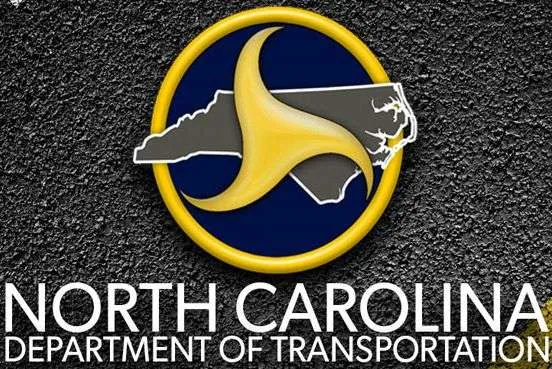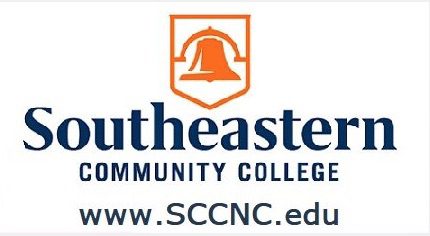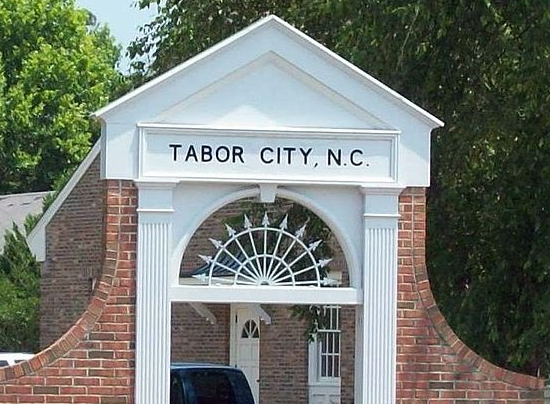The N.C. Department of Transportation is distributing more than $185.6 million in State Street Aid to the 508 qualified municipalities that participate in the Powell Bill program.
The annual allocation is disbursed to cities and towns primarily for resurfacing the municipally maintained streets located within corporate limits.
“Powell Bill funds often bridge a meaningful gap in resources, helping cities and towns keep up with demands on their local transportation systems,” said North Carolina Transportation Secretary Daniel Johnson. “We are pleased to help address these critical needs and grateful to our state leaders for their continued support of this program.”
The Powell Bill website has additional program support information such as the Powell Bill expenditure guidance, which includes a list of eligible and ineligible Powell Bill expenditures.
The initial allocation, or half of the total appropriation, was disbursed earlier this fall. The other half will be distributed by Jan. 1, said Molly Stevens, NCDOT Powell Bill Program coordinator.
Local governments can use Powell funds to match grants for road projects, as well as carrying the funds over from year to year to prove sufficient funds for major improvements.
In addition to resurfacing municipal streets, Powell Bill funds can also be used to maintain, repair, construct or widen streets, bridges and drainage areas within the corporate limits. Municipalities can also use the funds to plan, construct and maintain bike paths, greenways or sidewalks. The participating municipalities attest each year they are qualified to participate in the Powell Bill Program by submitting the annually required Powell Bill information.
Funding for the Powell Bill comes from revenues generated by the gas tax and other highway user fees. The amount each municipality receives is based on a formula set by the N.C. General Assembly, with 75 percent of the funds based on population and 25 percent based on the number of certified, municipally maintained street miles.
The fund is named for Junius K. Powell, a former state senator and mayor of Whiteville. Powell was the primary sponsor of the 1951 bill that helped the state’s municipalities with urban road problems. The first allocation of Powell Bill funds was for $4.5 million and was distributed to 386 municipalities.
The complete list of municipalities that are receiving Powell Bill funds can also be found on the Powell Bill website.
List of municipalities, total eligible miles of streets, and total allocations for the year, including the October disbursement.
| Municipality | Miles of roadway | Funding |
| Bolton | 1.3 | $31,417 |
| Boardman | .5 | $5,033 |
| Brunswick | 1.68 | $26,599 |
| Cerro Gordo | 2 | $7,386 |
| Chadbourn | 16.25 | $71,259 |
| Fair Bluff | 13.34 | $44,284 |
| Lake Waccamaw | 10.48 | $21,013 |
| Sandyfield | 3.35 | $6,717 |
| Tabor City | 20.12 | $135,382 |
| Whiteville | 35.41 | $189,145 |








